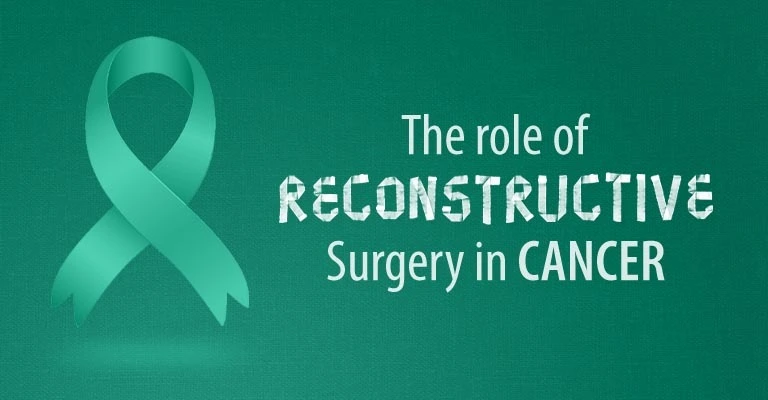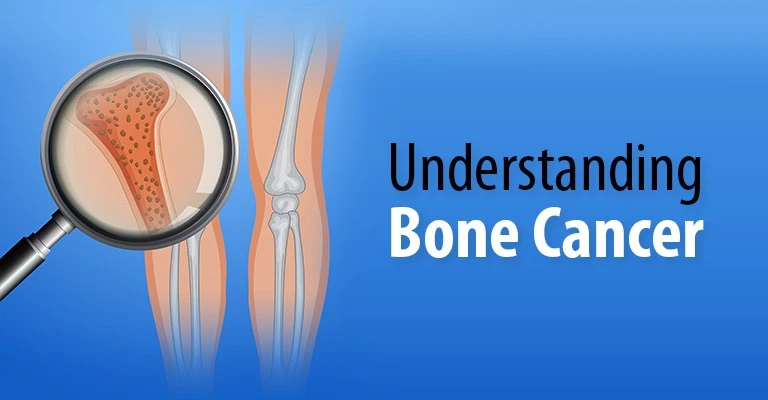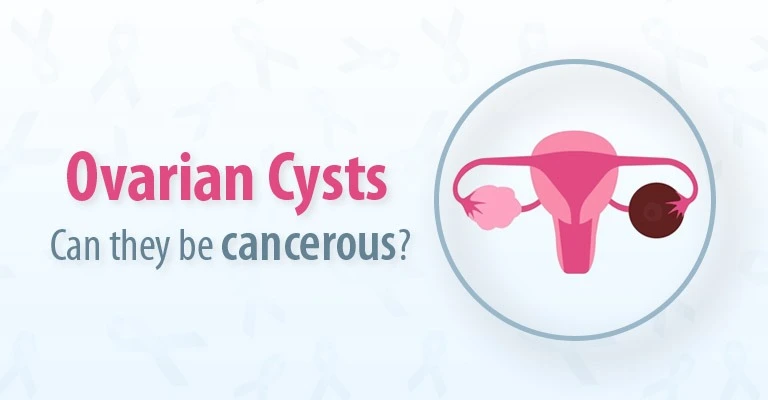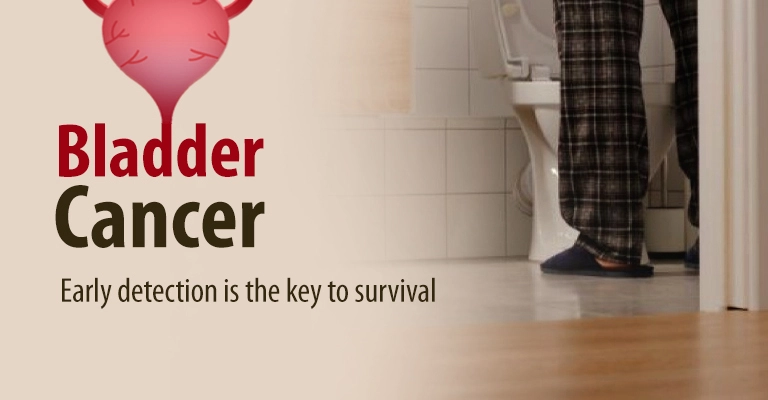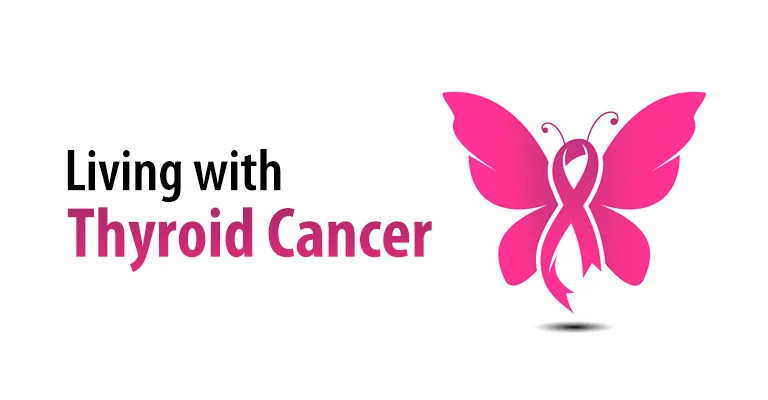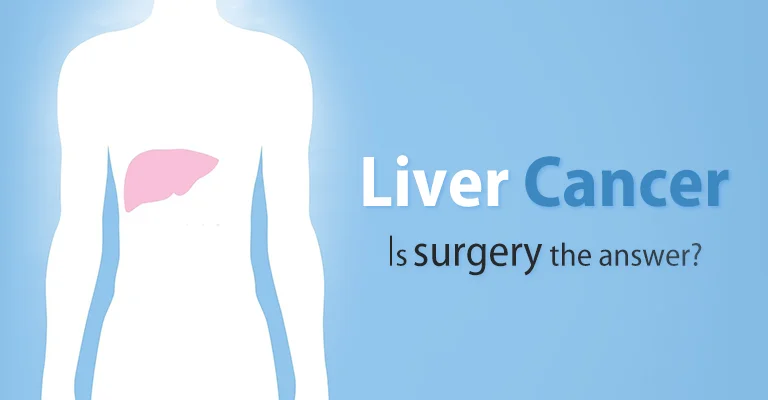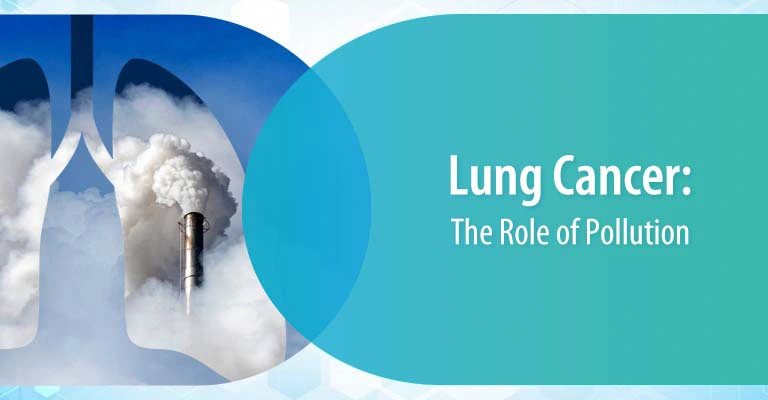
Cancer which originates in the kidneys is called kidney cancer, with renal cell carcinoma being the most common type among adults. Thanks to advanced imaging techniques, many more kidney cancers are now being detected early before they can metastasize.
Are there any telltale signs and symptoms to be aware of?
Early-stage kidney cancer often doesn’t produce any symptoms. However, symptoms might develop at a later stage like:
# Blood in urine which might seem like the colour of cola
# Nagging pain in the back
# Appetite loss
# Unplanned weight loss
# Unexplained fatigue
# Fever
What are the known risk factors for kidney cancer?
Some of the factors that can raise the risk include:
# Advanced age: Kidney cancer risk increases with age
# Smoking: Smokers are more at risk than non-smokers
# Obesity: Being overweight also raises the risk
# Hypertension: High blood pressure elevates the risk of kidney cancer
# Dialysis: Patients with chronic kidney failure who are on long-term dialysis treatment are at more risk
# Genetic conditions: Certain inherited syndromes like von Hippel-Lindau disease, Birt-Hogg-Dube syndrome, tuberous sclerosis complex, hereditary papillary renal cell carcinoma, etc can raise the risk as well
# Family history of the disease: The risk is always higher if a close family member has had kidney cancer
What can I do to prevent kidney cancer?
Now that you know the risk factors, you can try these tips:
# Kick smoking: If you are a smoker, quit immediately
# Watch your weight: Make sure you maintain a healthy weight. If you are overweight then work towards bringing it down by diet correction and exercise.
# Control your BP: You have to control/lower your blood pressure if the readings are high. This can be done through a combination of diet and exercise or if required, with medication
What are the treatment protocols for kidney cancer?
Usually, kidney cancer treatment begins with surgery to remove the cancer. If the cancer has spread beyond the kidneys, other treatments might be required. Of course, the treatment roadmap will depend on a clutch of factors like overall health condition, type of cancer, if metastasis has occurred, etc.
# Surgery:
The aim here is to remove the cancer without affecting kidney function. The two types of surgeries done are:
- Nephrectomy: This process involves the removal of the entire kidney, often along with bordering tissue including lymph nodes, adrenal gland, etc.
- Partial nephrectomy: Instead of the whole kidney, this procedure removes the cancer and some of the healthy tissue surrounding it. Hence, it is also referred to as “kidney-sparing surgery”. It is often the preferred mode if the patient has only one kidney.
# Non-surgical treatments:
Sometimes, non-surgical treatments are required, if the patient has other health issues, rendering surgery risky.
Some of these options are:
- Cryoablation: In this procedure, cold gas is inserted into the tumour through a special hollow needle to freeze the cancer cells.
- Radiofrequency ablation: This method uses a special probe inserted into the kidney tumour through imaging guidance to pass electric current through the needle to heat up or burn the cancer cells.
Treatment for advanced or recurring cancers
Such cancers may not be curable and hence it’s more about managing the condition and keeping the patient as comfortable as possible. These steps could include:
# Surgery to remove as much as tumour as possible: This might include removing some of the metastasized portions of the cancers.
# Targeted therapy: This line of treatment focuses on targeting specific abnormalities present in the cancer cells.
# Immunotherapy: This therapy trains the patient’s immune system to fight the cancer cells.
# Radiation therapy: This procedure deploys high-powered energy beams from X-rays and protons to destroy cancer cells. It is also used to control symptoms of metastasis.
Like most cancers, kidney cancers are best and most efficiently treated when detected early. Chances of recovery would of course depend on the type and stage of cancer and the patient’s general health conditions.
At Medica Cancer Hospital we provide comprehensive diagnostic and treatment facilities in the areas of medical, surgical and radiation therapy, along with palliative care.



